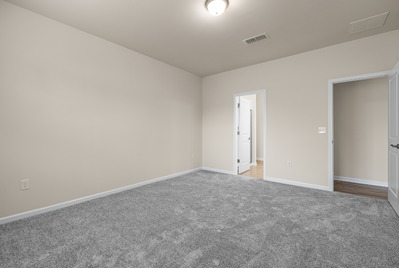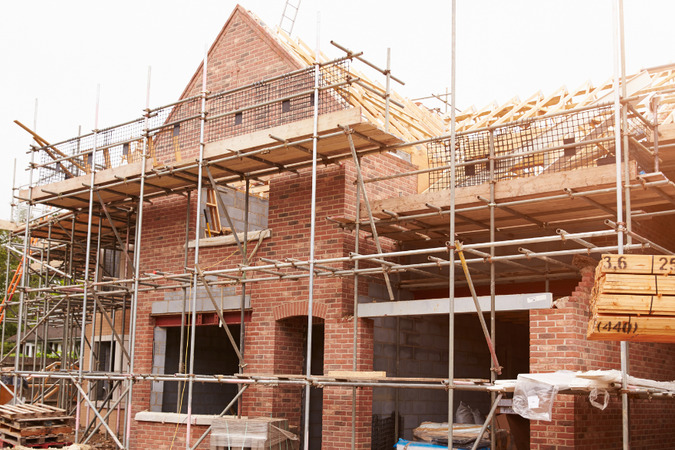Autumn Budget 2025: What it means for the housing market

The Autumn Budget 2025, announced by Chancellor Rachel Reeves, introduces significant changes that will impact the housing market and everyone involved including buyers, sellers, landlords, and tenants. Here’s a breakdown of the key numbers and what they mean for you.
Key Budget numbers that affect property
- The government expects to bring in £26.1 billion more in tax each year by 2029/30.
- From April 2028, there will be a new yearly tax on homes worth over £2 million. This should raise £400 million a year.
- From April 2027, landlords will pay 2% more tax on rental income.
- Basic-rate landlords will pay 22%
- Higher-rate landlords will pay 42%
- Additional-rate landlords will pay 47%
- This extra 2% tax on rental income is expected to raise £500 million a year by 2028/29
These are the headline figures. Below is how they could affect you, depending on your situation.
What the Autumn Budget 2025 means for homebuyers
- The new “mansion tax” only affects homes over £2 million, so most first-time buyers and average buyers will not be affected.
- Some owners of expensive homes may decide to sell before the new tax starts. This could increase the number of high-end homes available.
- However, the Budget focuses on raising money overall. This means there is no guarantee that everyday costs like mortgage rates or living costs will fall, so buyers should continue to budget carefully.
How sellers may be affected
- People selling homes worth over £2 million may find more buyers acting quickly, as some want to purchase before the new tax begins in 2028.
- Sellers of mid-priced homes may see steady demand if buyers at the top end shift their focus to cheaper properties.
- Overall, we may see more luxury homes for sale and stronger demand for mid-range homes.
Implications for landlords
- From April 2027, landlords’ tax on rental income will increase by 2%, which is a meaningful rise in costs.
- Landlords who own high-value homes may also be affected by the new mansion tax from 2028, which could lead some to sell.
- These extra costs may reduce profits for landlords. Some may increase rents or rethink whether to keep certain properties.
- What tenants need to know
- If landlords choose to pass on their higher costs, rents may rise, particularly after the 2027 tax increase.
- If owners of very expensive homes choose to sell instead of paying the new tax, this could slightly increase the number of homes available at the top end of the market.
- The Budget does not include new rules to protect tenants or limit rent rises - so any changes will depend on how landlords respond.
What this means for the broader housing market
- The government plans to raise £26.1 billion each year by 2029/30. This shows the Budget represents a major shift, not just a small adjustment.
- The mansion tax and higher rental income tax mainly affect expensive homes and the Buy-to-Let sector. This could reduce the number of landlords and high-value investors in the market.
- For first-time buyers and people looking at more modest homes, this may mean less competition, making it slightly easier to buy.
Overall, the Autumn Budget 2025 introduces big changes that will influence decisions for buyers, sellers, landlords and tenants.
If you are thinking about buying, selling, letting or renting, contact us to guide you through the changes and help you make the best decisions for your situation.






